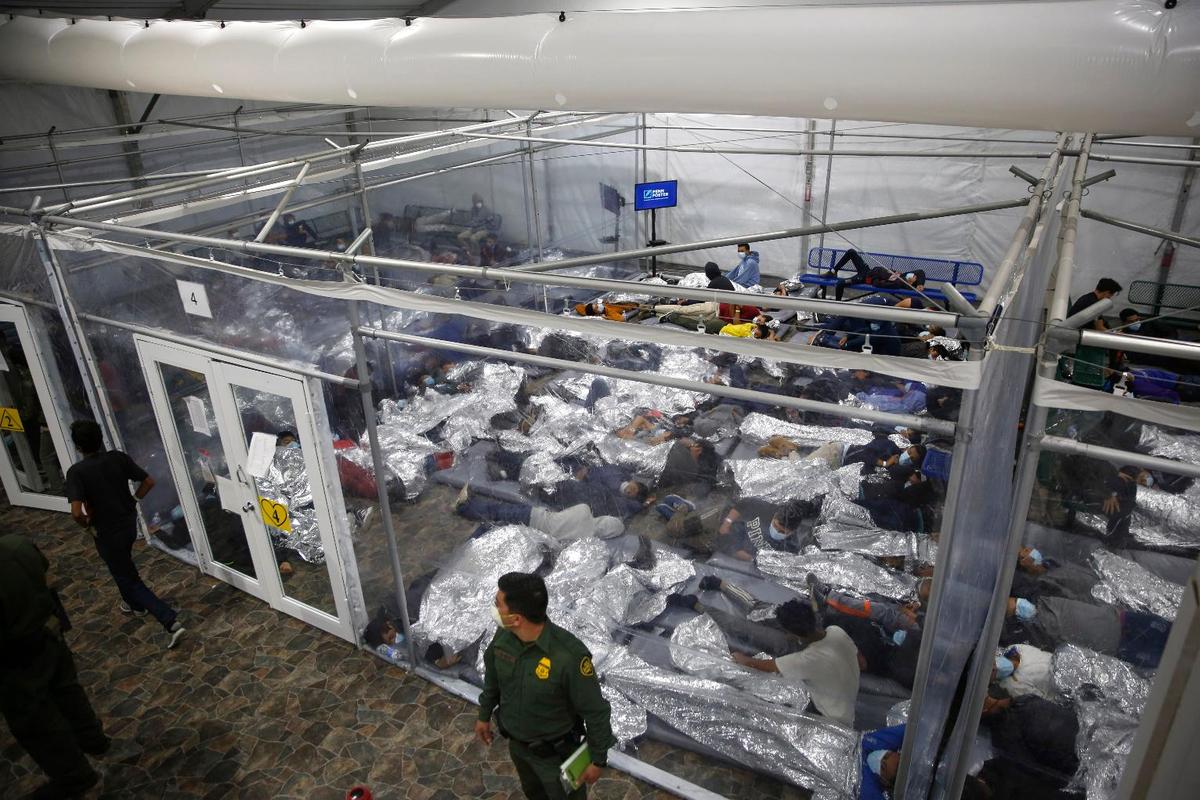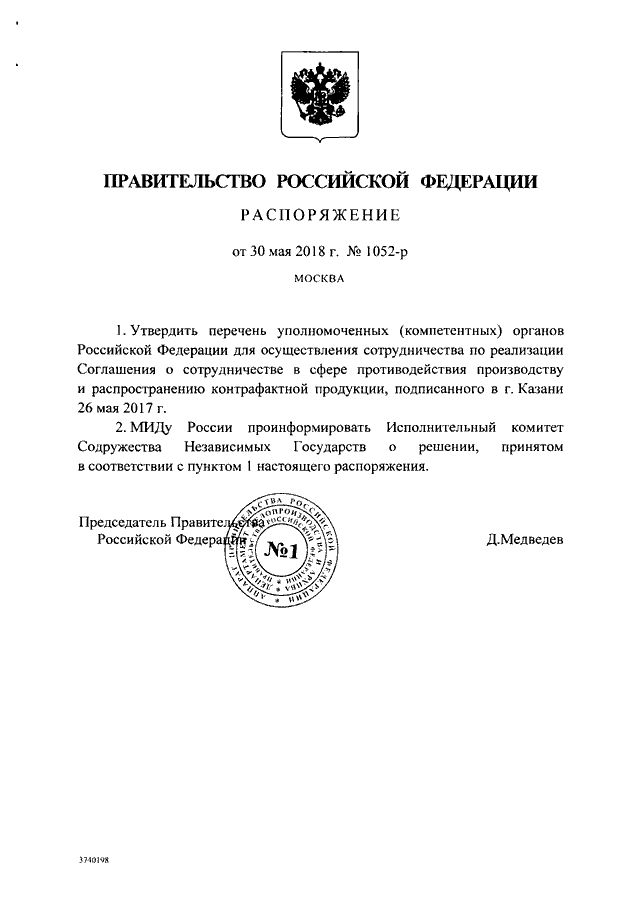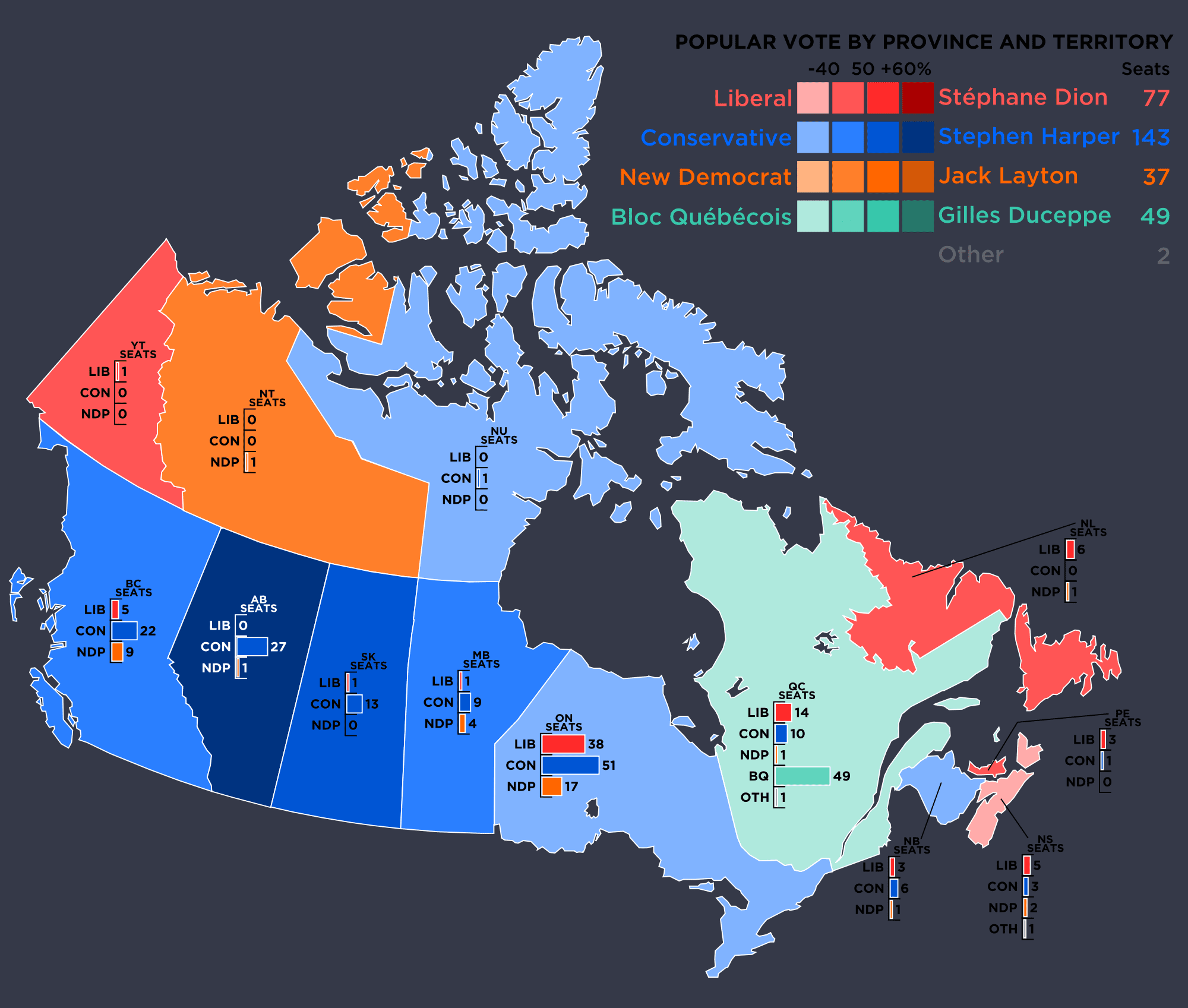Legal Challenges To Migrant Detention: Trump's Potential Action

Table of Contents
Due Process Rights of Detained Migrants
A central theme in the legal challenges to migrant detention was the denial of due process rights. The arguments revolved around whether detained migrants were afforded the same protections under US law as other individuals facing legal proceedings.
Challenges to Prolonged Detention Without Bond Hearings
One major area of contention was the indefinite detention of migrants without access to bond hearings. This practice was challenged on several grounds:
- Cases challenging the length of detention: Numerous lawsuits argued that prolonged detention without a hearing violated migrants' due process rights, claiming that detention should be limited to the shortest time necessary to ensure their appearance in court.
- Arguments based on the Eighth Amendment (cruel and unusual punishment): Lawsuits alleged that indefinite detention constituted cruel and unusual punishment, particularly when coupled with inadequate conditions in detention centers.
- Judicial review of detention decisions: Legal challenges sought judicial review of the decisions to detain migrants, arguing that these decisions should be subject to greater scrutiny to ensure their fairness and legality. The lack of transparency in these decisions was often highlighted.
Access to Legal Counsel and Fair Hearings
The right to legal representation and fair hearings also formed a cornerstone of the legal challenges to migrant detention. The following issues were central to these challenges:
- Lack of access to legal aid: Many detained migrants lacked access to adequate legal representation, hindering their ability to effectively challenge their detention or deportation. This disproportionately impacted vulnerable populations.
- Challenges to the quality of legal representation provided: Even when legal representation was provided, concerns were raised about its quality, particularly in cases involving pro bono representation or overburdened public defenders.
- Arguments concerning the fairness and impartiality of immigration courts: The impartiality and fairness of immigration courts were frequently challenged, with allegations of bias and inadequate procedural safeguards.
International Human Rights Law and Migrant Detention
The legal challenges to migrant detention also incorporated arguments based on international human rights law. The US's obligations under various treaties and conventions were central to these challenges.
Allegations of Human Rights Violations in Detention Centers
Numerous allegations of human rights abuses within migrant detention centers fueled legal action:
- Specific legal cases citing human rights violations: Lawsuits detailed specific instances of inadequate medical care, unsanitary conditions, and reports of physical and psychological mistreatment.
- Reports from human rights organizations: Reports from organizations like Human Rights Watch and Amnesty International provided crucial evidence supporting these allegations, documenting systemic issues within detention facilities.
- International legal frameworks relevant to migrant detention: These cases invoked international legal frameworks, including the Universal Declaration of Human Rights and the International Covenant on Civil and Political Rights, to highlight the US's obligations.
The Impact of International Pressure on US Immigration Policy
International pressure played a significant role in shaping the debate surrounding legal challenges to migrant detention.
- Statements from international bodies like the UN: The UN and other international bodies issued statements condemning the conditions in US detention centers and calling for improvements.
- Responses from the US government to international criticism: The Trump administration's responses to international criticism ranged from dismissal to limited reforms, often highlighting the sovereignty argument.
- The potential for international legal action: The threat of international legal action, though rarely materialized, exerted a degree of pressure on the administration.
Capacity and Conditions of Migrant Detention Facilities
The capacity and conditions of migrant detention facilities were at the heart of many legal challenges to migrant detention.
Legal Challenges to Overcrowding and Inadequate Conditions
Lawsuits highlighted the detrimental effects of overcrowding and inadequate conditions:
- Specific examples of legal cases highlighting these issues: Several lawsuits presented evidence of overcrowding, lack of sanitation, insufficient medical care, and inadequate access to legal counsel within detention centers.
- Expert testimony on the negative impacts of detention conditions: Expert testimony detailed the negative physical and psychological health impacts of prolonged detention under substandard conditions.
- Court rulings related to facility capacity and conditions: Court rulings varied, with some finding in favor of migrants and others upholding the government's actions, creating a complex and evolving legal landscape.
The Role of Private Prison Companies in Migrant Detention
The involvement of private prison companies in managing migrant detention facilities sparked considerable controversy:
- Contracts between the government and private prison companies: The lucrative contracts between the government and private prison companies raised concerns about potential conflicts of interest and incentives to maximize profits rather than prioritize humane treatment.
- Legal challenges to the privatization of detention: Lawsuits challenged the privatization of detention, arguing that it contributed to the substandard conditions and potentially incentivized inhumane practices.
- Arguments about potential conflicts of interest: Critics argued that the profit motive of private companies clashed with the government's obligation to ensure humane treatment for detained migrants.
Conclusion
The legal challenges to migrant detention during the Trump administration revealed significant flaws in the system, raising profound questions about due process, human rights, and the ethical treatment of migrants. Numerous lawsuits and legal battles challenged the administration's policies, forcing courts to grapple with the complex balance between national security concerns and the fundamental rights of individuals. Understanding these legal challenges to migrant detention, and their ongoing ramifications, is crucial for informed discussion and for shaping future immigration policy that prioritizes both national security and the humane treatment of all individuals. Further research into specific case law and ongoing legal actions is essential to fully comprehend this complex and evolving area of law.

Featured Posts
-
 Chuyen Gioi Thanh Cong Cau Chuyen Truyen Cam Hung Cua Lynk Lee
May 10, 2025
Chuyen Gioi Thanh Cong Cau Chuyen Truyen Cam Hung Cua Lynk Lee
May 10, 2025 -
 Makron I Tusk Klyuchevye Punkty Oboronnogo Soglasheniya Podpisannogo 9 Maya
May 10, 2025
Makron I Tusk Klyuchevye Punkty Oboronnogo Soglasheniya Podpisannogo 9 Maya
May 10, 2025 -
 Nl Federal Election Candidates A Voters Resource
May 10, 2025
Nl Federal Election Candidates A Voters Resource
May 10, 2025 -
 Dijon Incendie Declare A La Mediatheque Champollion
May 10, 2025
Dijon Incendie Declare A La Mediatheque Champollion
May 10, 2025 -
 Nhan Sac Rang Ro Cua Lynk Lee Sau Khi Chuyen Gioi
May 10, 2025
Nhan Sac Rang Ro Cua Lynk Lee Sau Khi Chuyen Gioi
May 10, 2025
